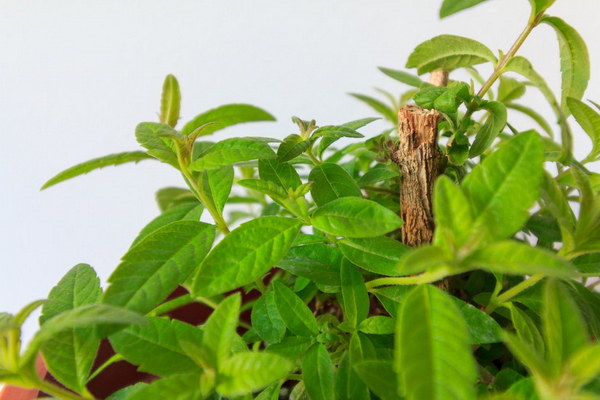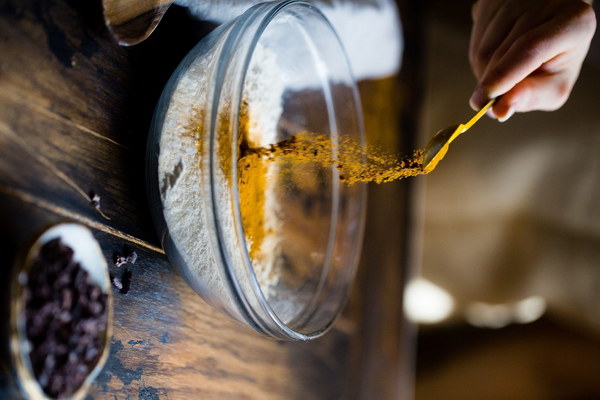Recovering and Nurturing Your Lungs PostLung Resection A Comprehensive Guide
Lung resection, a surgical procedure to remove a section of lung tissue, is often performed to treat conditions such as lung cancer, emphysema, and lung infections. While the surgery itself can be life-saving, the recovery process can be challenging. Post-surgery, it is crucial to focus on lung rehabilitation and adopting healthy lifestyle changes to promote lung function and overall well-being. This article provides a comprehensive guide on how to nurture your lungs after a lung resection.
1. Follow Your Doctor's Instructions
The first and most important step in recovering your lungs post-surgery is to follow your doctor's instructions. This includes taking prescribed medications, attending follow-up appointments, and adhering to any dietary or activity restrictions.
2. Engage in Pulmonary Rehabilitation
Pulmonary rehabilitation is a personalized program designed to help patients recover from lung surgery and improve their quality of life. These programs typically include:
a. Exercise: Gradually increase your physical activity to build endurance and strength. This may involve walking, cycling, or using an elliptical machine. Always consult your doctor before starting any new exercise regimen.
b. Breathing techniques: Learn specific breathing exercises to improve lung capacity and oxygen exchange. These techniques can help reduce shortness of breath and improve overall lung function.
c. Education: Gain a better understanding of your lung condition, the surgery, and how to manage it. This includes learning about medication, diet, and coping strategies.
3. Maintain a Healthy Diet
A well-balanced diet can help support lung recovery and overall health. Here are some tips:
a. High-protein foods: Include lean proteins such as chicken, fish, and tofu in your diet to aid tissue repair and muscle strength.
b. Fruits and vegetables: Consume a variety of fruits and vegetables to ensure you get a wide range of vitamins, minerals, and antioxidants.

c. Hydration: Drink plenty of fluids, especially water, to stay hydrated and support lung function.
4. Avoid Smoking and Exposure to Toxins
Quitting smoking is one of the most important steps you can take to support lung recovery. Smoking can worsen lung damage and delay healing. Additionally, avoid exposure to secondhand smoke, dust, and other lung irritants.
5. Manage Stress
Stress can affect your lung function and overall health. Find healthy ways to manage stress, such as:
a. Adequate sleep: Ensure you get enough rest to support recovery and overall well-being.
b. Mindfulness and relaxation techniques: Practice deep breathing, meditation, or yoga to reduce stress levels.
c. Social support: Lean on friends, family, or support groups for emotional support and encouragement.
6. Monitor Your Lung Function
Regularly monitor your lung function by tracking your symptoms and attending follow-up appointments with your doctor. This will help you stay informed about your recovery progress and make any necessary adjustments to your treatment plan.
7. Stay Active
Remaining active is crucial for maintaining lung function and overall health. However, it is important to balance activity with rest to avoid overexertion. Consult your doctor or a physical therapist to develop a personalized exercise plan.
In conclusion, nurturing your lungs post-lung resection involves a combination of medical guidance, lifestyle changes, and self-care. By following these steps and maintaining a positive outlook, you can improve your lung function, reduce the risk of complications, and enhance your overall quality of life. Remember, recovery is a journey, and taking care of your lungs is an ongoing commitment.









